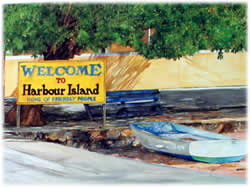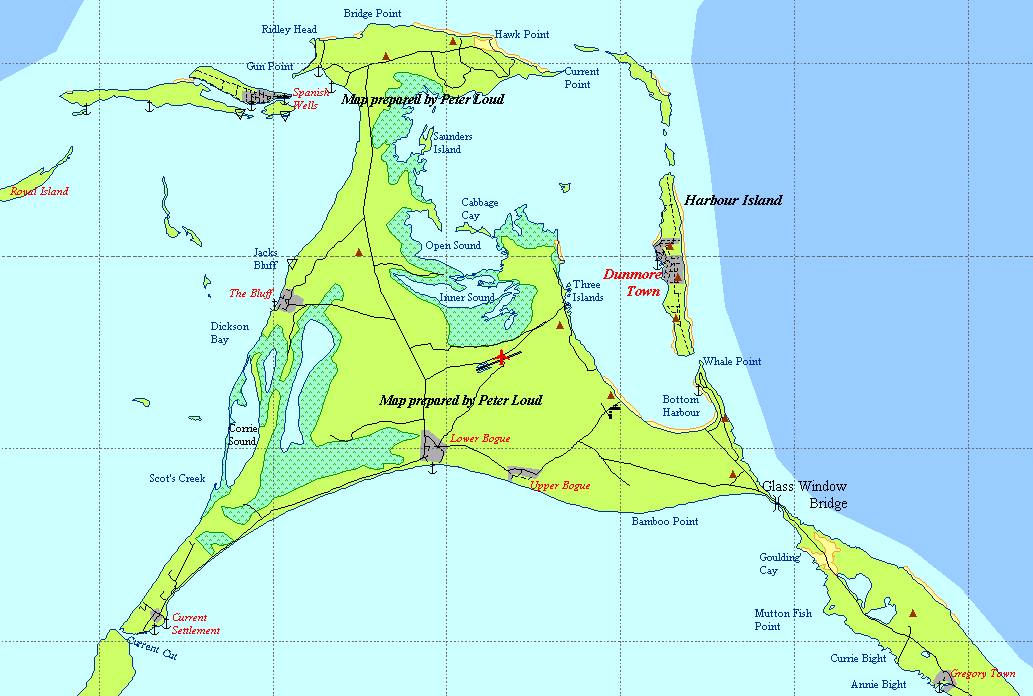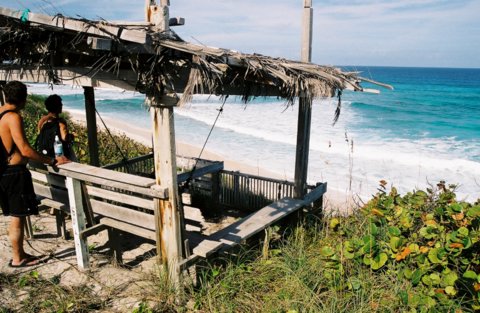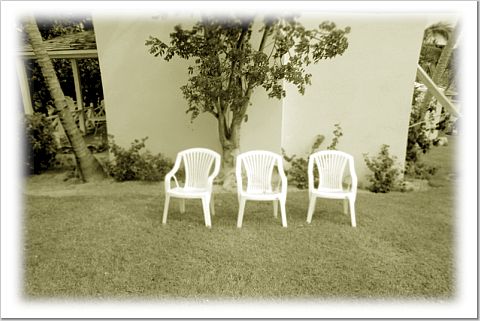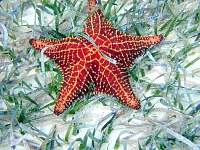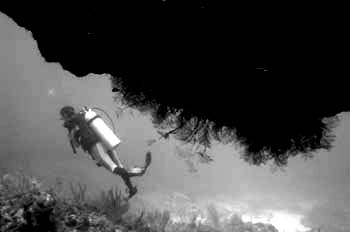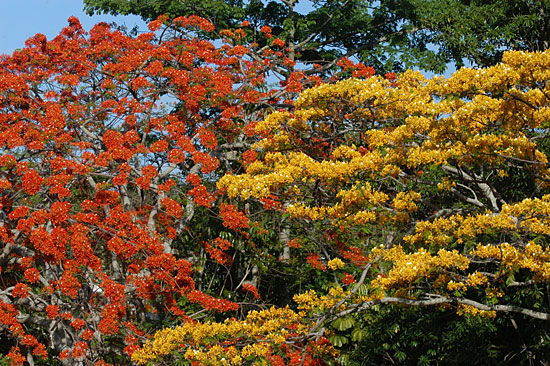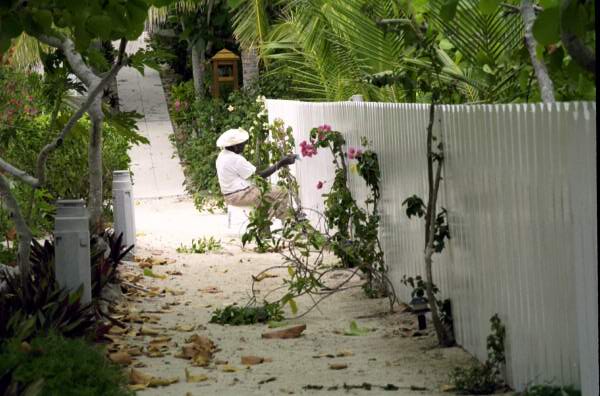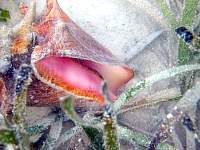|
Tingum Dem |
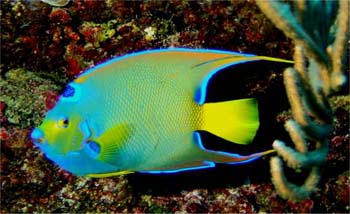
HISTORY
OF THE BAHAMAS
The
Bahamas has always been an unusual country, by turns forgotten about and
sought after.
For millennia the islands languished uninhabited until neolithic tribesmen crossed now-vanished land bridges from Central America. Arawaks who migrated through the Caribbean from South America later supplanted these early peoples. They reached the Bahamas about AD600, living in splendid isolation from the rest of the world for centuries. Then in 1492, the New World¹s isolation was shattered by the arrival of powerful gods in the form of Christopher Columbus and his three Spanish ships. This historic encounter on a small Bahamian island united the planet and changed it forever.
Within a few years the Bahamas was ruthlessly depopulated, with the Lucayans -- as the Bahamian Arawaks are known -- all dead from disease or conflict or deported for slave labour. Since the islands lacked mineral resources, the Spaniards had little interest in them and their brief moment of historic attention ended, not to be renewed for over a hundred years. It was not until the mid-1600s that Anglo settlers from Bermuda -- expressing the religious and political conflicts of the English Civil War -- became the first Europeans to establish a permanent home in the Bahamas.
What followed was a half-century of piracy and lawlessness when the Bahamian archipelago became a major base and refuge for Spanish, French and English buccaneers raiding the congested shipping lanes between the Old and New Worlds. This frontier period came to an end in the early 1700s when Britain installed Royal government and cracked down on the pirates. The Bahamas relaxed into a half-dozen fishing villages until the American Revolution propelled thousands of colonial loyalists and their African slaves to establish plantation communities on a number of islands and a commercial centre in Nassau on the island of New Providence.
Early in the 1800s, the plantations had all failed due to insects and soil exhaustion. The British abolished slavery in 1838, but the Bahamas only sank further into economic torpidity. The American Civil War revived the islands as a staging post for the Confederate war effort running the Union blockade. It was at this time that the country's first hotel, the Queen Victoria Hotel, was built.
This brief boom was followed by more years of economic somnolence until the United States banned alcohol in 1919. Bootlegging added another colourful chapter to Bahamian history, but the economic and social conditions of most communities in the islands remained hopelessly bleak until well after the Second World War.
The postwar years saw the growth of tourism and offshore capitalism, which coincided with the rapid devolution of Britain's once vast colonial empire. This led to a much-delayed political development and enfranchisement of Afro-Bahamians. Despite many years of limited social and economic opportunity, the black majority achieved political power electorally in 1967 and governed with a rare goodwill so that today's Bahamas is one of the most democratic nations in the Western Hemisphere.
Independence from Britain was achieved in 1973, and regular elections have been held ever since to a parliament which traces its history back to 1729. The former ruling elite has largely reconciled with these dramatic but peaceful changes, and the country enjoys a level of social harmony and economic achievement that is the envy of others in the region. Today, a tiny, fragmented nation that for decades was isolated on the margins of the modern world is a popular destination for millions of high-spending tourists and a sought-after location for billions of dollars in offshore funds.
The 300,000 people of the Bahamas are descended mostly from English Puritans, American loyalists of British descent, and African slaves. More recent migrants from the West Indies have included thousands of economic refugees from Haiti.
THE
BAHAMAS ALMANAC
Now available in bookstores, or in bulk from Media Enterprises.
Written and edited by Larry Smith and Neil Sealey with cover photos by
Mike Toogood, the Bahama Almanac was conceived, designed and produced
by Media Enterprises Ltd. Visit our web site for details: www.bahamasmedia.com,
or e-mail us at info@bahamasmedia.com.
Fishing
Regulations
In
order to conserve The Bahamian marine environment, fishing and diving
in The Bahamas are governed by rules administered by The Ministry of Agriculture
and Fisheries. Those breaking laws governing size limitation, fishing
seasons, allowable fishing tools and prohibitions may face heavy fines
and penalties. Following is a summary of the Fisheries Resources (Jurisdiction
and Conservation) Regulations, courtesy of the Bahamas Handbook.
Spearfishing using underwater breathing apparatus is illegal. Exceptions
include compressors with a permit issued only to Bahamians only and used
only between August 1 to March 31 and in water depths of 30 to 60 ft.
Visitors may use an air compressor for observation purposes only and may
not harvest any resources while using it.
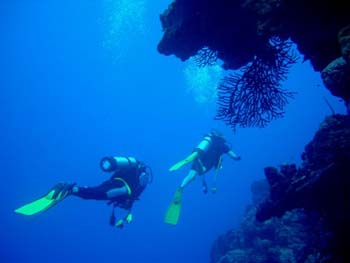
It
is illegal to use any device other than a hawaiian sling for the discharge
of a missile underwater.
Foreign vessels intending to engage in sport fishing
must have a permit and several rules apply under this permit. Fishing
gear is restricted to hook and line unless otherwise authorized. Only
6 lines are allowed in the water at one time, unless otherwise authorized.
Cost of the permit is $20 per trip or $150 annually.
If more than 6 reels are allowed on a party fishing boat for instance
the permit is $10,000 annually. The bag limit for Kingfish, Dolphin and
Wahoo is a maximum combined total of 6 fish per person on the vessel,
comprising any combination of these species. Vessel bag limits for other
marine products are 20lbs. of scalefish, 10 conch, and 6 crawfish per
person at any time. The possession of Turtle is prohibited. The above
amounts may be exported by the vessel upon leaving The Bahamas.
A $50 permit is required to conduct foreign fishing
for scientific or research purposes. A licence is required to engage in
foreign fishing - fishing by a non-Bahamian vessel for commercial purposes.
Such permission can only be issued to foreign states which have a fishery
treaty with The Bahamas.
Bahamian commercial fishing vessels 20ft in length
or greater must get a valid fishing permit. "Bahamian" in relation
to a fishing vessel is one bona fide owned by a citizen of The Bahamas,
resident in The Bahamas or a company registered in The Bahamas under the
Companies Act in which all the shares are beneficially owned by citizens
of The Bahamas resident in The Bahamas. It is illegal to export any marine
product for commercial purposes unless the person involved has an export
licence for the product he wishes to export, or the product is inspected
by a fisheries inspector at the time of export and export-duty on the
product is paid. A $10 permit is required for the use of an air compressor
(hookah) in fishing. Its use is restricted to Aug 1 - Mar 31, and to a
water depth range of 30-60ft.
It is illegal to use: a) bleach or other noxious
or poisonous substances for fishing or have such substances on a fishing
vessel without written approval from the Minister; b) use firearms or
explosives; c) spearfish within one mile of the coast of New Providence
and the southern coast of Grand Bahama, and 200 yards off the coast of
all other family islands; d) use fish nets with a minimum mesh guage of
less than 2 inches; e) use a scalefish trap which does not have a self
destruct panel and minimum mesh sizes less than 1 x 2in for rectangular
wire mesh traps and 1.5 in for hexagonal wire mesh trap: f) take corals:
g) build artificial reefs without permission from the Minister: h) sell
fish in New Providence without a permit from the minister.
Closed Season for crawfish (spiny lobster) is April
1 to July 31. Minimum size limit for crawfish is a carapace length of
3 1/4 in from the base of the horns to the end of the jacket, or 5 1/2
in tail length. A $10 permit is required to trap crawfish. Traps should
be wooden slat traps not more than 3 ft. in length, 2 ft. in width and
2 ft. in height with slats not less than 1 in. apart. The possession of
egg-bearing female crawfish is prohibited.
Closed season for stone crabs is June 1 to October
15th. Minimum crab claw is 4 in. Possessing or selling the female stone
crab is prohibited.
Long line fishing in Bahamian waters is illegal
unless there is special written permission from the Governor General.
Long line fishing includes fishing by means of a line or cable which extends
20 yards from the point where it is cast and to which is attached 10 hooks.
Closed season for turtles is April 1 - July 31.
Minimum
size limit for a green turtle is 24 in back length and for a loggerhead
turtle 30 in back length. Taking or possessing turtle eggs is prohibited.
All turtles captured must be landed whole. It is illegal to catch Hawksbill
Turtles in The Bahamas.
It is illegal to harvest conch which does not possess
a well-formed lip or sponge less than 5.5 in. diameter for wool and grass,
1 in. diameter for hard head and reef sponge.
It is illegal to buy or sell bonefish.
It
is illegal to fish for them using nets.
It is illegal to export hermit crabs.
It is illegal to export live rock or small reef fish
for
commercial purposes.
It is illegal to catch grouper and rockfish weighing less than three lbs
It is illegal to fish for, export, molest or interfere
with
any marine mammal.
It is illegal to uproot, destroy or take any corals.
Please remember that many of us in the islands rely
on fishing for our income, and appreciate Bahamians and foreigners alike
keeping to the laws provided ...
Bill of Rights
Anyone flying into North Eleuthera International Airport [ELH]
should bring the following information:
To enter the Island of The Bahamas,
Private Pilots Need:
- Three (3) copies of the C7A Bahamas Customs form
- One (1) Bahamas Immigration Card per person
- Proof of Citizenship - one of the following:
- Birth Certificate and Drivers License Pilots License and Picture ID Private
Private Pilots visiting The Islands Of The Bahamas should
expect the following:
-
No Landing fee - for single engine private planes on a pleasure trip except Freeport, Grand Bahama Island where the airport is privately owned
- No Overtime Customs Fee - for private aircraft visiting The Island Of The Bahamas where the pilot declares that he/she does not receive any remuneration and the flight is for recreational purpose
- No Transire - (C38) is needed for private pilot, cruising through The Islands Of The Bahamas for pleasure ( a copy of the C7A will suffice).
- No Departure Tax - for pilot and co-pilot
- No Tie Down Fee - except in Freeport, Grand Bahama Island
- A Flight Plan Must be filed - activate prior to entering The Island Of The Bahamas and close after landing
To leave The Islands Of The Bahamas, Private Pilots Need:
- One (1) copy of The Bahamas Customs General Declaration Outward Form (C7)
- Turn in The Bahamas Immigration card copy
- File a flight plan
- All passengers, six years and over leaving The Bahamas, pay a Government Departure Tax of Fifteen Dollars ($15.00) except for Freeport, Grand Bahama Island (Private Airport), where an additional $3.00 airport security fee is applicable
Bahamas
Customs
Bahamas Immigration
Bahamas Civil Aviation
Bahamas Ministry Of Tourism
For
further information please call 1-800-32-SPORT
| Harbour
Island & North Eleuthera Temperature-Water-Rainfall |
||
| January
|
||
Rainfall:
|
2"
|
|
Temperature:
|
high
of 77 |
low
of 61 |
Water
Temp: |
71
|
|
| February |
||
Rainfall: |
1.6" |
|
Temperature: |
high
of 78 |
low
of 63 |
Water
Temp: |
70
|
|
| March |
||
Rainfall: |
1.6"
|
|
Temperature: |
high
of 80 |
low
of 64 |
Water
Temp: |
73?
|
|
| April
|
||
Rainfall:
|
2.2"
|
|
Temperature: |
high
of 82 |
low
of 68 |
Water
Temp: |
75
|
|
| May
|
||
Rainfall:
|
4.5"
|
|
Temperature: |
high
of 84 |
low
of 70 |
Water
Temp: |
78
|
|
| June
|
||
Rainfall:
|
8.5"
|
|
Temperature: |
high
of 86 |
low
of 73 |
Water
Temp: |
80
|
|
| July
|
||
Rainfall: |
6"
|
|
Temperature: |
high
of 88 |
low
of 75 |
Water
Temp: |
82
|
|
| August
|
||
Rainfall:
|
7"
|
|
Temperature:
|
high
of 89 |
low
of 75 |
Water
Temp: |
83
|
|
| September
|
||
Rainfall:
|
6.5"
|
|
Temperature:
|
high
of 88 |
low
of 75 |
Water
Temp: |
82 |
|
| October
|
||
Rainfall:
|
7"
|
|
Temperature:
|
high
of 85 |
low
of 72 |
Water
Temp: |
80? |
|
| November
|
||
Rainfall:
|
2.5"
|
|
Temperature: |
high
of 82 |
low
of 69 |
Water
Temp: |
79 |
|
| December
|
||
Rainfall:
|
2"
|
|
Temperature: |
high
of 79 |
low
of 64 |
Water
Temp: |
72 |
|
Name:
|
Harbour
Island, Bahamas |
Capital:
|
Dunmore |
Town
Size: |
3
miles long, half-mile wide |
Location: |
Just off the southeast coast of Florida Latitude - (20-27) N, Longitude - (72 - 79) W. |
Rainfall: |
Average - (40" - 60") inches per year |
Temperature: |
Average monthly temperature - (80)F |
Language:
|
English |
Government:
|
Commonwealth
of The Bahamas |
Currency |
Bahamian
dollars, US currency at par |
Electricity: |
120v |
Airports:
|
North
Eleuthera |
Flying
Time: |
From Nassau: 20 minutes;From Miami: 1 hour |
Population:
|
1,800 |
Seaports:
|
Governor's
Harbour, Harbour Island, Rock Sound, Spanish Wells |
Mailboat
Service: |
Eleuthera
Express, Bahamas Daybreak, Bahamas Fast Ferries |
Documents: |
Passport/Birth Certificate Departure |
Tax: |
$15-Adults, (6 years and over) |
Car
Rentals: |
(242) 332 - 2876 |
Airlines: |
Bahamasair, Gulfstream Airlines [Continental] TwinAir, Southern
Air, Pineapple Air |
Taxi
Service: |
Available at all Ports of Entry |
Information: |
Bahamas Ministry of Tourism (242) 332.2142/332.2480 |
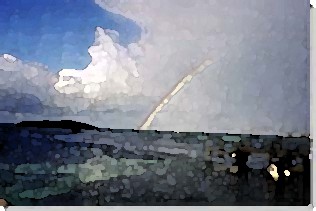
The Bahamas Investment Authority (BIA)
A unit of the Office of the Prime Minister, is the investor's "One-Stop Shop". The Authority "cuts the red tape and rolls out the red carpet" for investors with service that continues from the preliminary inquiry through the final implementation of the investment project. It assists with investment policy formulation, investment promotion, investment proposal review and analysis and post-approval monitoring and support. As the administrative arm of the National Economic Council (NEC), the BIA coordinates investment matters with all agencies of the Government, simplifying the process for the investor. The role of the Authority includes:
1. Administering the National Investment Policy of The Bahamas, which includes responding quickly to inquiries related to investing in The Bahamas, receiving and reviewing investment project proposals;
2. Providing assistance to international investors during the implementation of approved investment projects;
3. Arranging local and international investment promotions for investors interested in business opportunities in The Bahamas;
4. Co-ordination of investment matters with other agencies of Government;
5. Ensuring the effective administration of the range of incentives available under all Investment and Business Encouragement Legislation. The Authority also performs the role of Financial Services Secretariat, which promotes the financial services sector in The Bahamas and seeks to keep legislation and regulations competitive internationally.Any investor, Bahamian or non-Bahamian, seeking to invest in and/or establish a business in The Bahamas must submit a proposal to the Authority for consideration by the National Economic Council (NEC), if the proposal involves any of the following:
* Non-Bahamian participants;
* The use of foreign capital;
* Application for Government concessions, particularly under the Hotels Encouragement Act, the Tariff Act and the Industries Encouragement Act;
* Long lease and/or purchase of immovable property foreign concerns; or
* Transfer of shares to non-Bahamians. Investors should be guided by the National Investment Policy, copies of which are available at The Bahamas Investment Authority. Additional information can be obtained from:
| The
Bahamas Investment Authority (Financial Services Secretariat) Office of the Prime Minister http://www.opm.gov.bs Nassau, Bahamas Phone: 242.327.5970/4 Fax: 242.327.5907 |
| Royal
Bank of Canada S erving the Harbour Island and North Eleuthera Community: Spanish Wells - 242.333.4131 Harbour Island - 242.333.2250 |
Briland Accommodations
"Briland Sweet, Eh?"
Location? The island's just two miles off the northern tip of Eleuthera, and approximately sixty miles east of the capitol city of Nassau on the island of New Providence. Harbour Island is three miles long but only a half-mile wide. The east side faces the Atlantic Ocean with its beautiful pink sand beach. The equally lovely west side faces the bay, across which is the mainland of Eleuthera that you'll fly into.[See map. Make certain that your reservations show North Eleuthera Airport, aka airport code 'ELH.' Otherwise you'll be taking a 60-mile cab ride from Governors Harbour Airpor, aka 'GHB'.] The only town is Dunmore Town in the center of the island on the bay side, and most of the hotels are grouped in or around town. No matter where you stay, you'll be within walking distance of town.
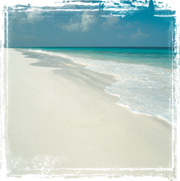
GETTING TO ELEUTHERA
Bahamas Fast Ferries: http://www.bahamasferries.com
Twin Air: http://www.flytwinair.com
Continental Connection: http://www.continental.comLynxAir: http://www.lynxair.com
PLACES TO STAY
Bahama House Inn: http://www.bahamahouseinn.comBaretta's Seashell Inn: http://www.barettasseashellinn.com
The Landing: http://www.harbourislandlanding.com
Romora Bay: http://www.romorabay.com
Coral Sands: http://www.coralsands.com
Dunmore Beach: http://www.dunmorebeach.com
Pink Sands: http://www.islandoutpost.com/hotels/pinksandsValentines Yacht Club: http://www.valentinesresort.com
The Cove: http://www.thecoveeleuthera.com
Cocodimama's: http://www.cocodimama.comLaughing Bird Apartments: ddavies@batelnet.bs
Rainbow Inn: www.rainbowinn.com
Red Apple Inn: www.redapplebb.com
Surfer's Beach Manor: www.surfermanor.com
Cigatoo Resort: qualitycigatoo@yahoo.com
Royal Palm Hotel: www.royalpalmhotel.com
The Duck Inn: www.theduckinn.com
Tingum Village Hotel: 242 333 2161
Unique Village Villas: www.uniquevillage.com
RESOURCES
My Harbour Island: http://www.myharbourisland.com
Briland Modem: http://www.briland.comEleuthera Living: www.eleutheraliving.com
OnBahamas: www.onbahamas.com
Eleuthera.net: http://www.eleu.net
Harbour Island Guide: http://www.harbourislandguide.com
Oceanview: |
The hotel is directly on the beach, and you can see the ocean from some or all of the rooms ... |
Oceanside: |
The ocean is within a minute's walk ... |
Bayview: |
The hotel is directly on the bay, and you can see the bay from some or all of the rooms ... |
Bayside: |
You can't see the bay or the ocean, but you're within two blocks of each of them ... |
In Town: |
You are in the tiny, bougainvillea-splashed village of Dunmore Town ... |
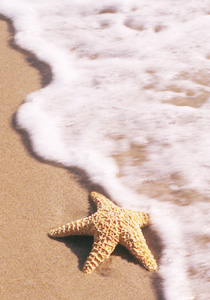
|
||||||||||||||||||||||||||||||||||||||||||
More about the area's accommodations,
courtesy of www.harbourislandguide.com:
